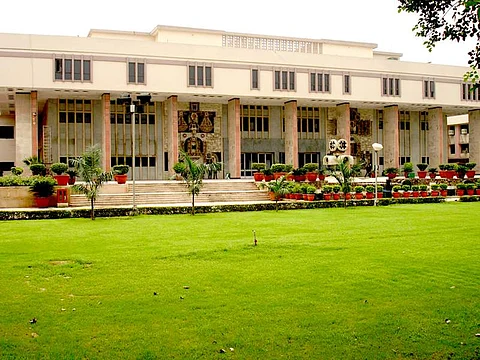

Dealing with a batch of pleas seeking the admission of students under the Economically Weaker Section (EWS) category, the Delhi High Court on Friday, December 16, directed that all schools should ensure provisions of the Right To Education Act in letter and spirit and students shall not be denied admission. "Mere suspicion or doubt on the credentials of the candidate on the basis of fact-finding exercise carried out by the school, cannot be a ground to deny admission, otherwise it will render a death-knell to the spirit of the RTE Act," Justice Chandra Dhari Singh said in the order on Friday, December 16.
The court made it clear that after admission if the school suspects forgery by the student or their parents despite the proper screening procedure used by the DoE, the school may resort to legal measures, as reported by The New Indian Express.
It was also directed to the education department that all the students shortlisted and notified to be admitted in a neighborhood school shall be admitted at the earliest within one month or within the period prescribed by the appropriate authority subject to the provisions of the Act. The court bemoaned that it is high time that the judiciary reaches the people and not wait for the people to reach out to the judiciary, as the poor kids are being forced in the instant set of petitions to knock the doors of the Court for availing their Fundamental Right to Education.
The 85-page order started with a Sanskrit epigrammatic poem saying charity by way of giving food to a person is a great deed, but giving vidya (education) is even better, since the satisfaction (obtained) from consuming food is momentary, but that (obtained) from vidya lasts a lifetime.
In its conclusion, the court referred to extracts from the works of Swami Vivekananda, which stated that — "the one thing that is at the root of all evils in India is the condition of the poor... The only service to be done for our lower classes is to give them education, to develop their lost individuality. They are to be given ideas; their eyes are to be opened to what is going on in the world around them, and then they will work out their own salvation... Now if the mountain does not come to Mohammed, Mohammed must go to the mountain. If the poor boy cannot come to education, education must go to him."
